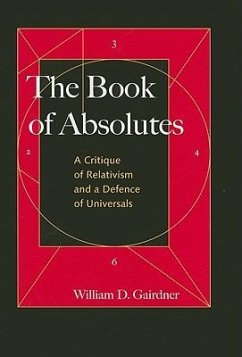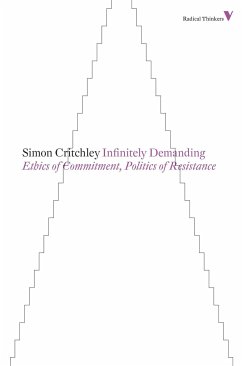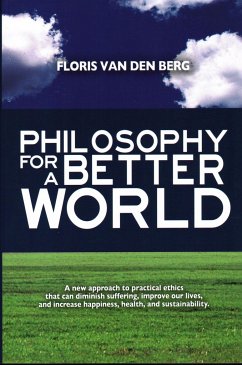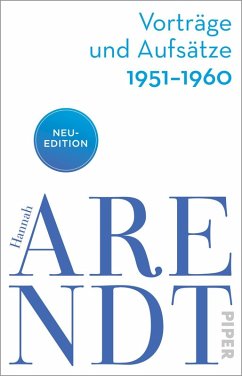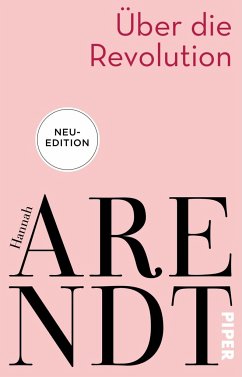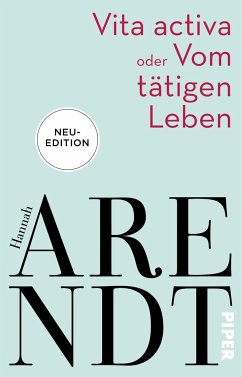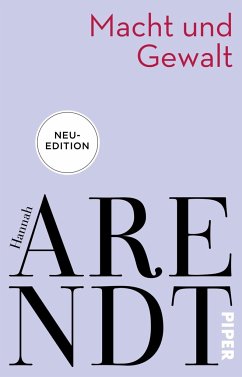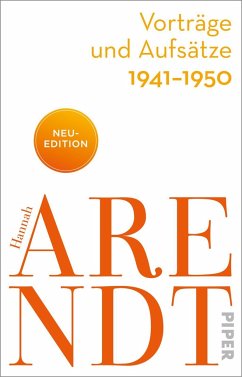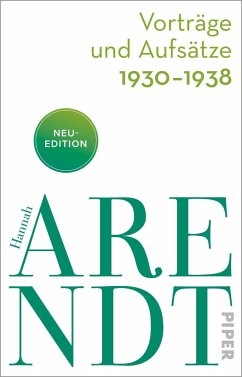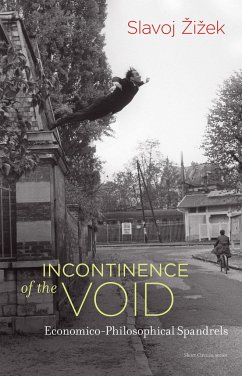Nicht lieferbar
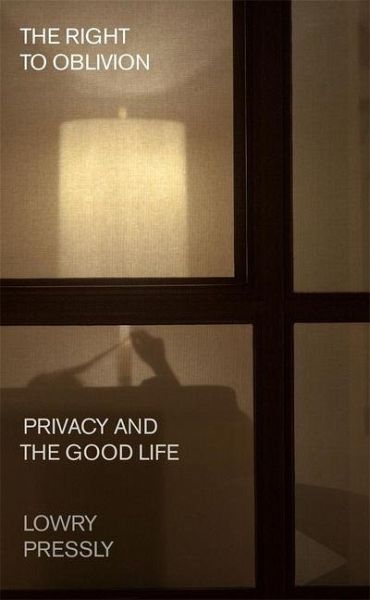
The Right to Oblivion
Privacy and the Good Life
Versandkostenfrei!
Erscheint vorauss. 16. Juni 2026
18,99 €
inkl. MwSt.
Weitere Ausgaben:
"A probing critique of a modern public sphere that overwhelms the private realm . . . Pressly offers a unique vision of what can be gained by stepping back from the outside world, and the screens that try to possess us." --John Kaag, The Atlantic A visionary reexamination of the value of privacy in today's hypermediated world--not just as a political right but as the key to a life worth living. Today, almost nothing in our digital lives escapes surveillance. We are able to configure privacy settings on our devices and social media platforms, but we know our efforts pale in comparison to the sc...
"A probing critique of a modern public sphere that overwhelms the private realm . . . Pressly offers a unique vision of what can be gained by stepping back from the outside world, and the screens that try to possess us." --John Kaag, The Atlantic A visionary reexamination of the value of privacy in today's hypermediated world--not just as a political right but as the key to a life worth living. Today, almost nothing in our digital lives escapes surveillance. We are able to configure privacy settings on our devices and social media platforms, but we know our efforts pale in comparison to the scale of surveillance capitalism and algorithmic manipulation. Many now wonder whether it is still possible to live a private life, or whether privacy is even worth fighting for. The Right to Oblivion argues incisively and persuasively that we still can and should strive for privacy, though for different reasons than we might think. Debates about privacy often equate personal data breaches with violations of individual freedom. Yet, as Lowry Pressly argues, privacy isn't simply a right to be protected, but a tool for making life meaningful. Privacy deepens our relationships with others as well as ourselves, reinforcing our capacities for agency, trust, play, self-discovery, and growth. Without privacy, the world would be shallow, lonely, and inhospitable. Drawing inspiration from the likes of Hannah Arendt, Jorge Luis Borges, and a range of contemporary artists, Pressly shows why we all need a refuge from the world: not a place to hide, but a psychic space beyond the confines of a digital world where the individual is treated as mere data.




